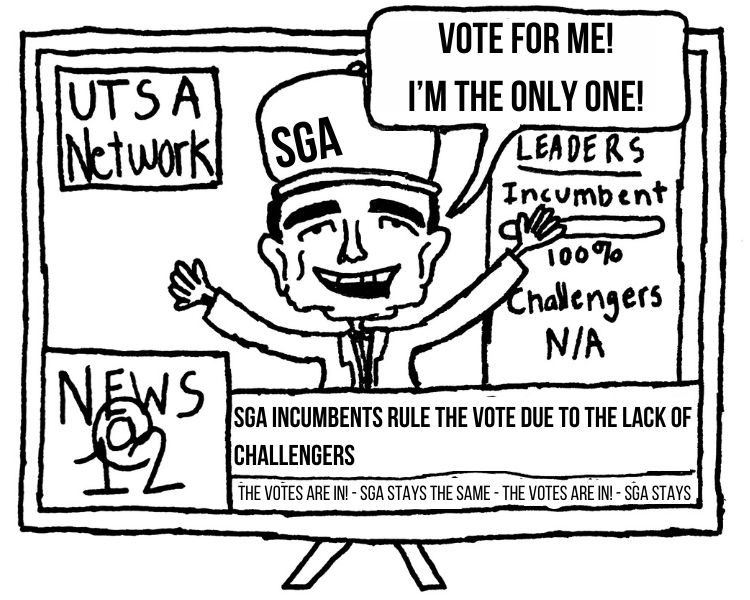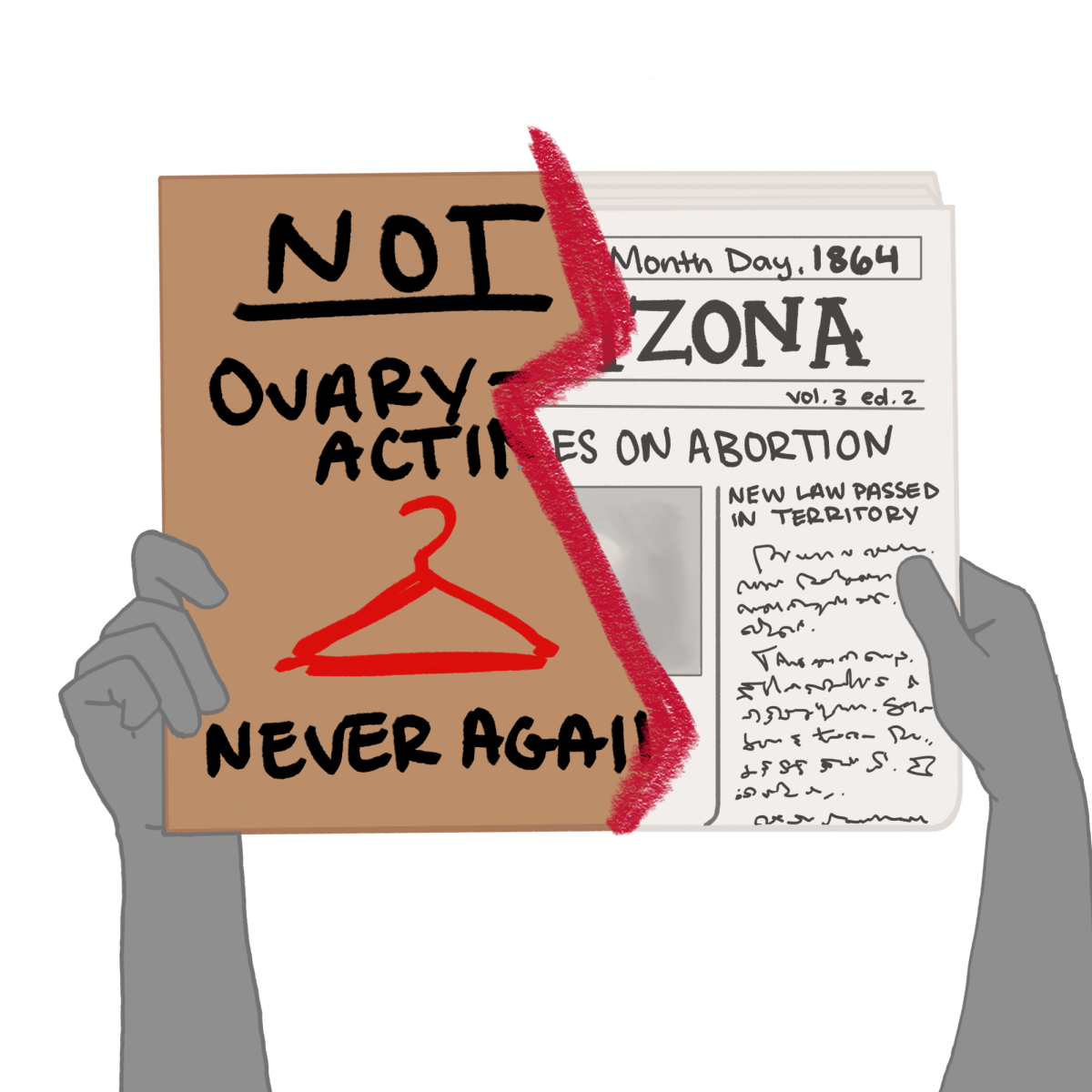Women are currently in the midst of a movement for equality. Feminism is the belief in the social, political and economic equality of the sexes. On its own merits, feminism should be respected and admired.
To pursue the deserved equal status to the male gender, the idea of feminine equality is terrific. However, the actual act of it is where the difficulties have arisen.
The connotation of the feminist movement and participation in it has grown negative over the years. The biggest reason for feminism being seen as a negative, despite its positive goals, is simply because many view it as man-hate. Being a feminist is often perceived as disliking men and wanting to anoint women the dominant gender.
Feminism is not actually about one gender having superior status over the other, but rather it is about creating a balance where the two are on the same level.
Sadly, feminists’ quest to gain the equality they desire has its problems. Unlike the activists of the civil rights and gay movements who collectively sought equality, not all females share the desire to be a part of the feminist movement.
According to Pew Research Center, 29 percent of women elect not to enter the workforce and willingly accept the stereotypical role of stay-at-home mother, looking after their homes and children. Additionally, most women wouldn’t even entertain the idea of proposing to their significant other. I believe it is fair to question how often the idea of becoming equal with males even crosses the minds of most American women.
I contend that there was more unity in the ventures for civil and gay rights among blacks and gays throughout the 20th century.
Confusion about who is a true feminist, who supports the cause and who does not has led to many men viewing the entire concept negatively.
In addition to the lack of continuity among women, humans have a tendency to buck change, especially when the change is not directly beneficial to them. If the feminist movement were to be successful, an abundance of social norms would have to be altered.
If men and women were held to equal social standards: Who would be the one to change his or her last name after a marriage? If a woman abused or raped a man, would the crime be considered as heinous? Who should walk through the door first?
Simple changes would be met with some resistance; humans often dislike things that are new and different from what they know. Feminism suffers from this poor characteristic.
Unfortunately when the voices of radical feminists are often times the loudest, the entire group encounters problems. Many see the views of militant feminism as a way of thinking that applies to all feminists.
Feminists must unite within their own unit and migrate away from the negative and radical positions of man-hate. The goal of feminism is simply equality for men and women, reaching from the workplace to the home.
Women currently hold only 20 percent of congressional seats. The Bureau of Labor Statistics reports a woman only earns 78 cents for every dollar a man makes. After more than 200 years of our nation’s existence no female has ever held presidential office.
This is all extremely unfortunate and should be changed. For now, feminism is held back by poor misconceptions and a lack of strong leadership. Until feminists can speak with one voice and make their intentions clear to the public, specifically males, the negative connotation surrounding the movement will persist.

















